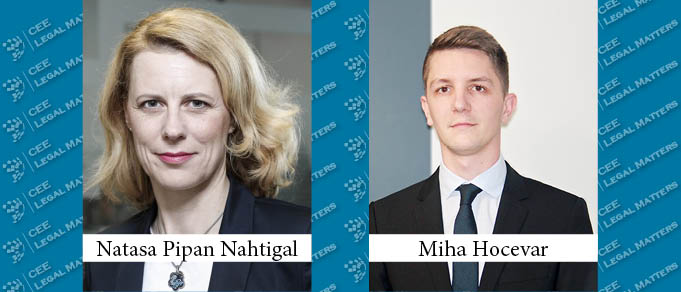Montenegro first introduced a State aid control framework in 2011 in preparation for initiating the EU accession process. Almost ten years later, as the candidate country currently furthest along its accession journey, Montenegro has largely harmonized its State aid framework with the EU acquis. Still, the current level of enforcement and transparency leave a lot of room for improvement.
Gun-Jumping in M&A Transactions in North Macedonia
In merger control, the standstill obligation requires that the parties refrain from implementing a concentration before obtaining the required merger clearance. This duty represents a cornerstone of many merger control regimes and is intended to protect the structure of the market and the consumers from any damage that could result from a transaction that had not been properly examined and could turn out to be anti-competitive.
Serbia: Mind the Gap! European Union and Serbia
It’s no secret that competition law across the Western Balkans has been greatly shaped by EU accession, with local developments regularly driven by EU practice and the EU’s regulatory framework.
Slovakia: New Competition Act in the Making
The Slovak Competition Act (No. 136/2001 Coll. as amended) has been the cornerstone of Slovak competition law for almost two decades and has seen its share of major amendments. The Slovak Competition Authority has now decided to table a new Competition Act and has submitted a draft for preliminary consultation. The draft transposes the ECN+ Directive (Directive (EU) 2019/1) and addresses a number of competition law issues that have been debated for years in Slovakia.
Slovenia: Could Covid-19 Investment-Enhancing Measures Affect the Autonomy of the Slovenian Competition Regulator?
In addition to the effect of the newly introduced FDI rules, the upcoming post-epidemic period in Slovenia will see extensive efforts to revive the economy. On May 29, 2020, Slovenia’s Parliament adopted the Intervention Act to Remove Obstacles to the Implementation of Significant Investments to Start the Economy After the COVID-19 Epidemic to restart economic activity and growth in key investment sectors.
Croatian Competition Agency Confirms Coca Cola’s Compliance with Commitment Decision and Closes Investigation
Earlier this month, the Croatian Competition Agency confirmed that Coca Cola HBC Hrvatska d.o.o. had complied with the commitments the company had offered, and which had been accepted by the CCA, in the course of an investigation of vertical restraints imposed by Coca Cola on its distributors (most notably exclusive purchasing and tying arrangements). Early on, the CCA expressed concern that Coca Cola’s practices would constitute infringements under Articles 8 and 13 of the Croatian Competition Act (essentially corresponding to Articles 101 and 102 of the Treaty on the Functioning of the European Union).
Poland: The Polish Competition Authority Becomes Both Merger Control and Foreign Investment Restrictions Watchdog
The amendment to the Act on the Control of Certain Investments (the “Act”) that came into effect on July 24, 2020 has vested the President of the Office of Competition and Consumer Protection – the UOKIK – with broad new powers. The new rules are temporary and will be in force for 24 months. On July 21, 2020, the UOKIK issued 50-page long, detailed procedural guidelines, which unfortunately are not available in English.
































